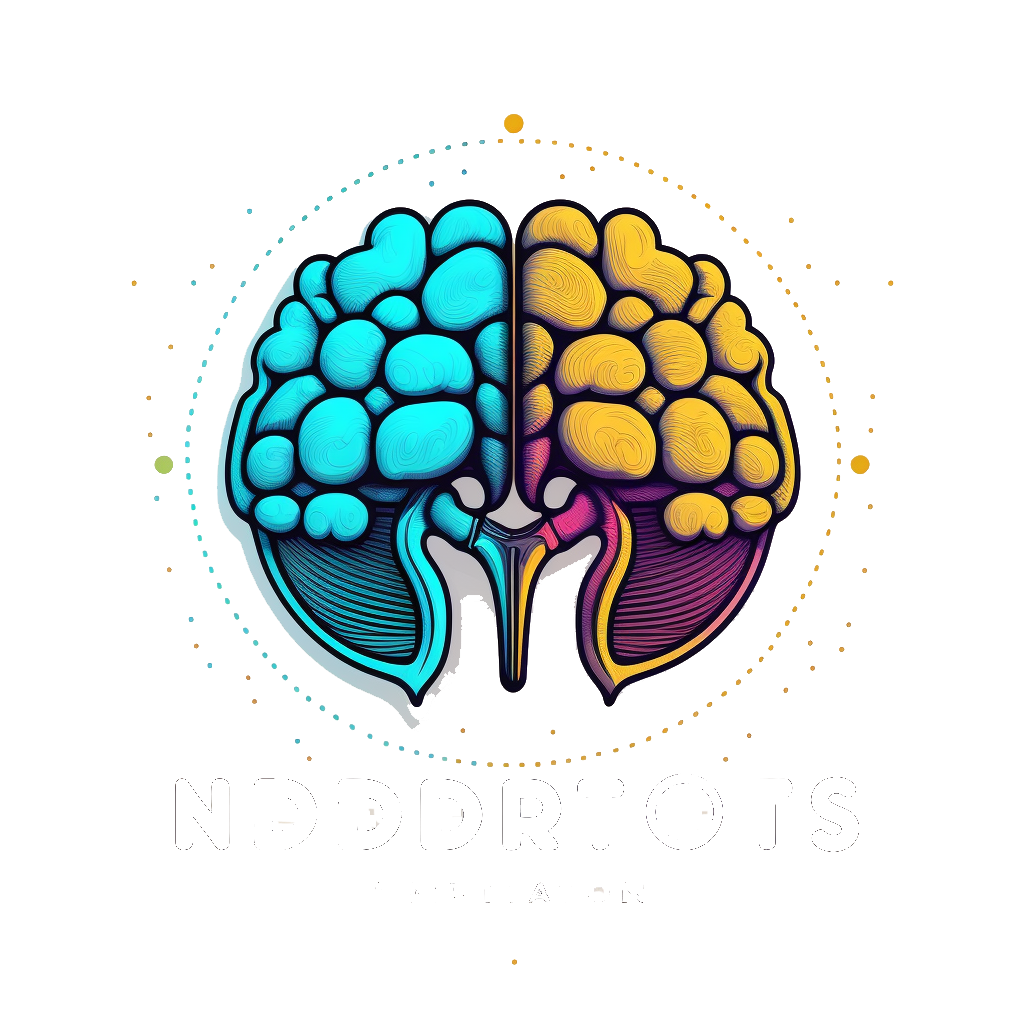Pterostilbene is a natural compound that belongs to the stilbene family, which also includes resveratrol. It is found in various plant sources, such as blueberries, grapes, and Pterocarpus marsupium, a tree native to India. Pterostilbene has gained attention in recent years for its potential cognitive-enhancing effects and overall health benefits. In this article, we will explore the origins and history of Pterostilbene, as well as delve into its three key benefits as a nootropic.
Pterostibene’s Similarities to Resveratrol:
Pterostilbene was first isolated and identified in 1939 by scientists studying the compound resveratrol. It was initially discovered in heartwood extracts of Pterocarpus marsupium, a tree traditionally used in Ayurvedic medicine.
Pterostilbene shares structural similarities with resveratrol, but it is more bioavailable and has been found to exhibit stronger biological activities. Its unique properties and potential health benefits have led to increased interest in its use as a nootropic compound.
Benefits of Pterostilbene as a Nootropic:
- Cognitive Enhancement and Memory Improvement: One of the primary benefits of Pterostilbene as a nootropic is its potential to enhance cognitive function and improve memory. Pterostilbene exerts neuroprotective effects by reducing oxidative stress and inflammation in the brain.
Studies have shown that Pterostilbene activates signaling pathways involved in neuronal survival and plasticity. It enhances the production of brain-derived neurotrophic factor (BDNF), a protein that promotes the growth and maintenance of neurons. By supporting neuroplasticity, Pterostilbene may improve memory formation and retention.
Additionally, Pterostilbene has been found to regulate neurotransmitter systems in the brain, including dopamine and acetylcholine. These neurotransmitters play crucial roles in memory, attention, and cognitive processes. By modulating their activity, Pterostilbene may enhance cognitive performance and promote mental clarity.
- Anti-Inflammatory and Antioxidant Effects: Pterostilbene possesses potent anti-inflammatory and antioxidant properties, which contribute to its potential nootropic benefits. Chronic inflammation and oxidative stress can impair cognitive function and contribute to neurodegenerative diseases.
Pterostilbene helps reduce inflammation by inhibiting the activation of inflammatory pathways and the production of inflammatory mediators. By reducing neuroinflammation, Pterostilbene may support brain health and protect against cognitive decline.
Moreover, Pterostilbene acts as an antioxidant, scavenging harmful free radicals and reducing oxidative damage in the brain. Oxidative stress is a major contributor to aging and neurodegeneration. By neutralizing free radicals, Pterostilbene helps protect neurons and maintain optimal brain function.
- Cardiovascular Health and Blood Flow: Another notable benefit of Pterostilbene is its positive impact on cardiovascular health, which indirectly supports cognitive function. Pterostilbene has been found to improve lipid profiles, reduce cholesterol levels, and enhance insulin sensitivity.
Maintaining cardiovascular health is crucial for proper blood flow to the brain. By promoting healthy blood vessels and reducing the risk of cardiovascular diseases, Pterostilbene ensures optimal oxygen and nutrient delivery to the brain. This, in turn, supports cognitive function and overall brain health.
Pterostilbene has also been shown to enhance mitochondrial function and energy production, which are essential for optimal brain performance.
